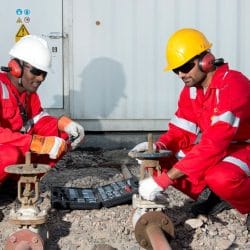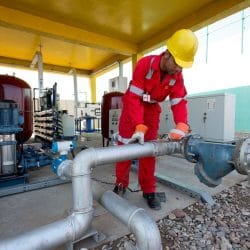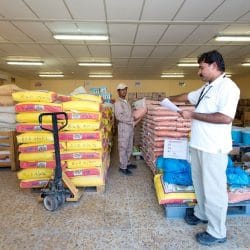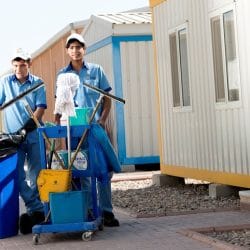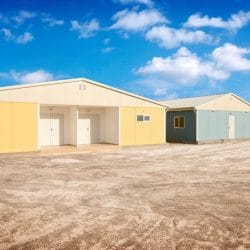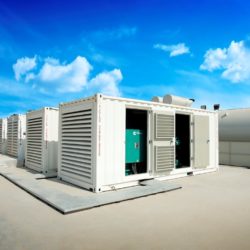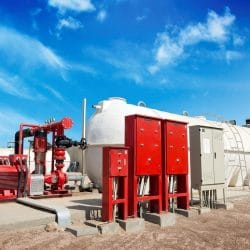How Better Warehouses Increase Trade in Africa

Kuwait-based Agility Logistics Parks customers can log-on to view contracts and make payments.
UK MOD personnel can log-in to the GRMS portal to schedule household relocation shipments.
Kuwait-based Agility Logistics Parks customers can log-on to view contracts and make payments.
UK MOD personnel can log-in to the GRMS portal to schedule household relocation shipments.
Exploration and production are high-cost and high-risk in volatile areas of the Middle East and Africa. But oil and gas companies have scrutinized their activities in those regions, just as they have other parts of their portfolio.
The result has been a reduction in capital allocation for Middle East and Africa projects, a shift to projects that offer quicker return, and more attention on expenses.
Agility group member, GCC Services, the Dubai-based remote site services specialist, has responded with a strategy that CEO Rashad Sinokrot calls “value engineering.” The term connotes more pre-project research and planning to generate more options for energy companies — not an easy task in some of the most dangerous, inhospitable regions of the world.
GCC is a design-build contractor and a camp operations provider, so its project involvement can span years. “We look at how we can assist in reshaping their approach to engineering, design, construction and operation of accommodation facilities, and the services that support them,” Sinokrot says.
Persistent low energy prices have changed the nature of collaboration between industry partners and remote services providers. “In the past, customers would come out with a full spectrum of requirements and ask for bids,” Sinokrot says. “Now they realize that it isn’t the wisest route to follow. They are saying: Here’s what the goal is. How can you do this for us? How do you recommend we do it in stages or do it for less?“
Oil and gas companies are trying to cut costs without sacrificing the health, safety and welfare of workers at remote sites.
Oil and gas companies are trying to cut costs without sacrificing the health, safety and welfare of workers at remote sites. They’ve asked providers like GCC to show them where there is flexibility across the full range of services: freight and transportation management, food procurement, catering, laundry and housekeeping, office and grounds maintenance, security, clinic support, IT, utilities and power supply, and local hiring.
For one GCC customer in Iraq, that meant different menus with more chicken and other alternatives to red meat as sources of protein. For another, it meant putting more staff on site at the drilling operation and shuttling fewer in and out from high-cost Dubai. For yet another, it meant remote accommodations with double rooms for managers rather than single rooms.
“They want more options, and they want turn-on and shut-off options with minimal cost,” Sinokrot says. Iraq remains the toughest environment, Sinokrot says. “The government isn’t able to provide security, and there is no reliable logistics or supply chain base available. Customers are trying to do business in an ethical way, but they confront corruption.”
He argues that smart community investment is the best protection from corruption. GCC focuses on community welfare, bringing jobs, training and skills transfer. The company hires nearly 90% of its employees from the remote areas where it operates.
“Where we go — Iraq, Darfur, Uganda — you have to know the line between relationships and corruption. We invest in local communities and spend a lot on CSR activities aimed at those communities. During holidays, we provide meals in poor communities. We invest in schools, we help local municipalities with transportation. Those services go a long way when you go back to ask for local assistance and help battling corruption. In most cases, that’s ultimately a more cost-efficient way for our customers to operate, too.”
